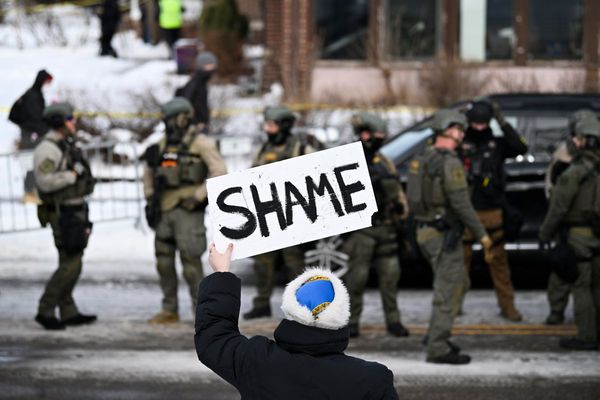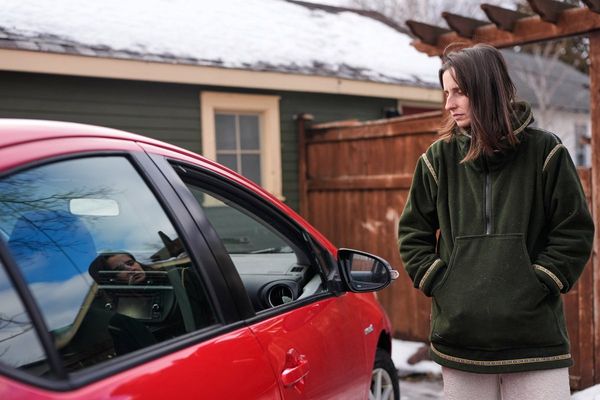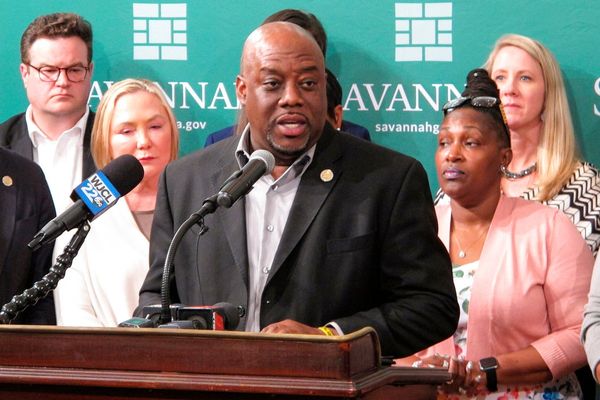Keir Starmer has been warned that he must prioritise saving the UK’s billion pound film industry from Donald Trump’s tariffs or risk it being “wiped out”.
Dame Caroline Dinenage, chair of the Commons select committee for culture, has said MPs will be putting pressure on ministers over UK-US trade talks to rescue an industry that is worth billions to the British economy.
The prime minister is already under pressure from the US to accept lowering food standards to allow chlorinated chicken as well as repeal hate laws in the name of free speech over getting a deal.
But with blockbusters including the recent Disney Snow White live action movie, the Pirates of the Caribbean, Harry Potter and James Bond franchises, as well as streaming success stories such as Game of Thrones filmed in the UK, the 100 per cent tariffs threatened by Trump could serious harm the industry.
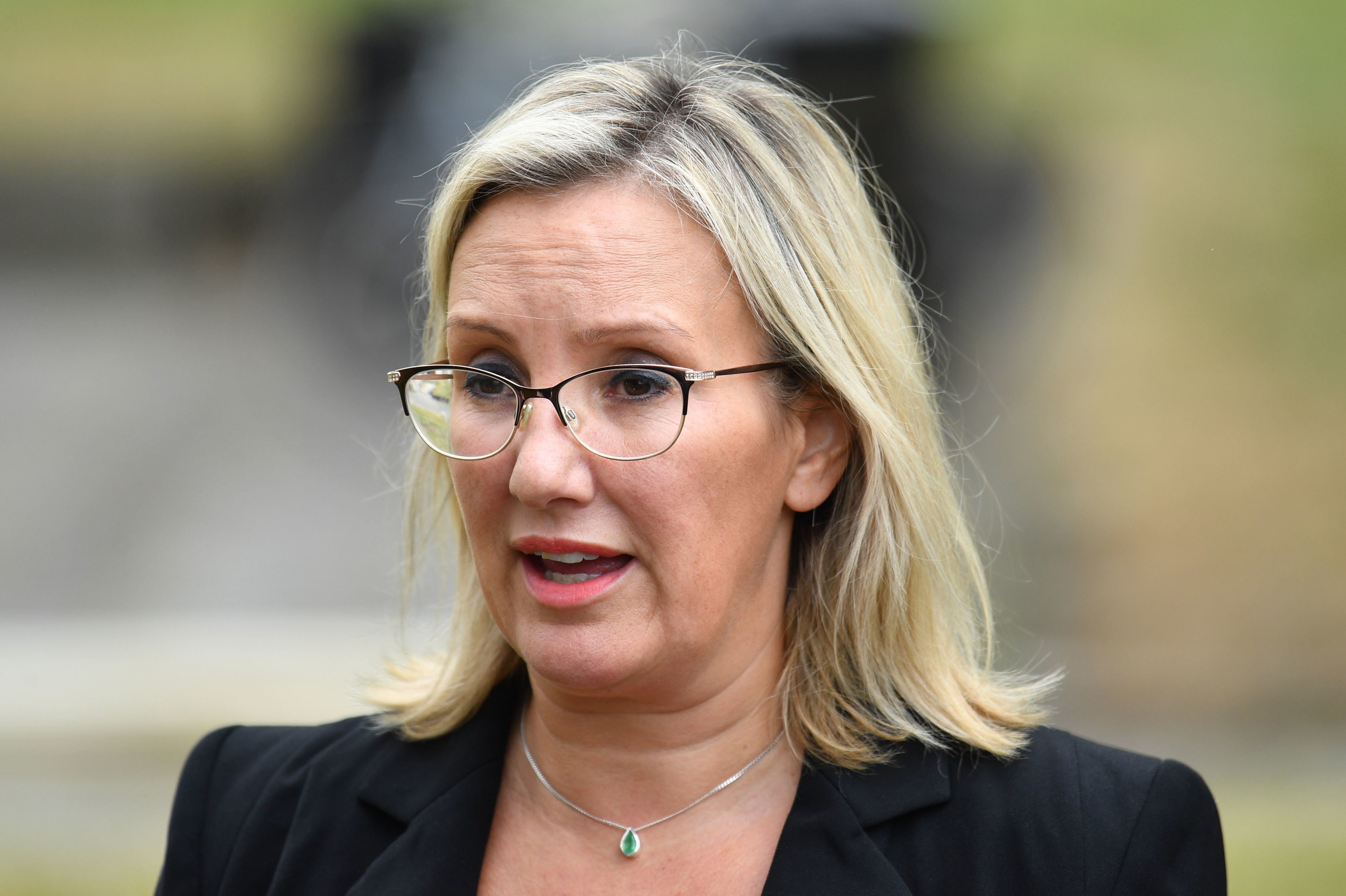
Dame Caroline, a former Tory minister for the film industry, said: “Last month the Culture, Media and Sport Committee warned against complacency on our status as the Hollywood of Europe. President Trump’s announcement has made that warning all too real.
“Making it more difficult to make films in the UK is not in the interest of American businesses. Their investment in facilities and talent in the UK, based on US-owned IP, is showing fantastic returns on both sides of the Atlantic. Ministers must urgently prioritise this as part of the trade negotiations currently underway.
“At the same time, the government’s forthcoming Creative Industries Sector Plan needs to meet the challenge we set down of incentivising inward investment while also growing our domestic sector so British film and high-end TV can thrive.”
She vowed to use her committee to “keep up pressure” on ministers and is in touch with culture minister Sir Christopher Bryant on the issue.
Marcus Ryder, chief executive of the The Film and TV charity told The Independent: “Trump’s tariffs could wipe out the UK industry because we are so dependent on foreign direct investment for films being made here.”
Mr Ryder said dozens of people had contacted him since Mr Trump’s announcement with “existential dread” about the future of the industry.
“People are worried and their anxiety levels are off the scale,” he said. “The tariffs are already having an impact before they have even been introduced.”
“It would cut off production houses and strangle the entire ecosystem, including the TV industry. But nobody has any idea what the tariffs could mean. There is a lot of uncertainty.”
President Trump announced the tariffs on “national security” grounds claiming that foreign films pose a danger to the US.
But the disaster it poses for the UK economy was underlined with British Film Industry (BFI) figures published in February.
BFI’s research and statistics unit revealed that film and high-end TV production spend in the UK was £5.6 billion in 2024, a 31 per cent increase from 2023.
Of this, £3.4 bn (62 per cent) was spent on high end television and streaming; with feature film production contributing £2.1 billion (38 per cent) of the total spend.
A BFI spokesperson said: "The BFI is working closely with the UK government, and industry partners in the UK and US while we understand the detail of the proposal. We want to keep collaboration at the heart of our sectors, so we remain a constructive partner to our friends in the US and internationally.”
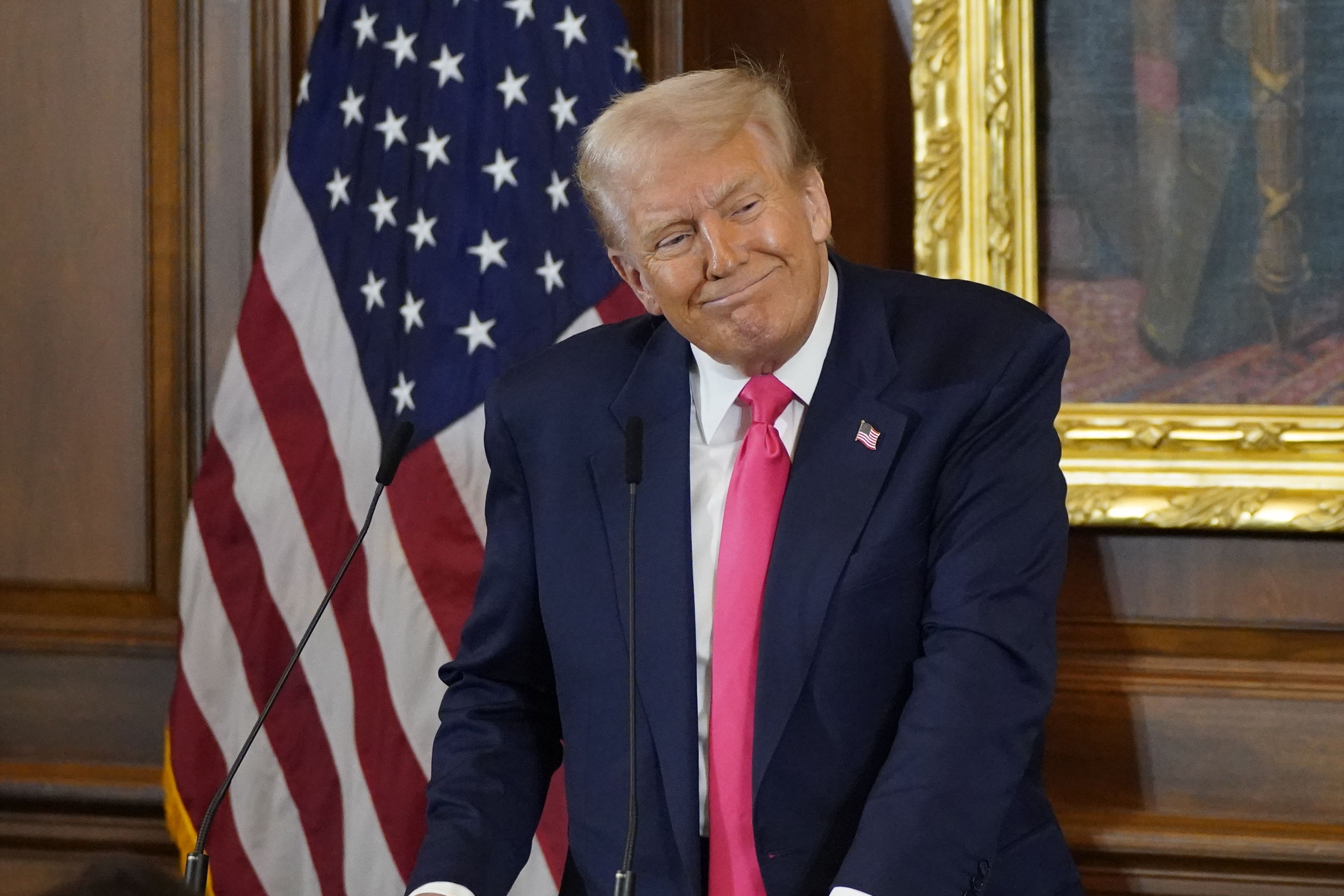
But unions are warning the tariffs would be a “knock out blow” to the industry.
Head of Bectu union, Philippa Childs, said: “The UK is a world leader in film and TV production, employing thousands of talented workers, and this is a key growth sector in the government’s industrial strategy.
“These tariffs, coming after Covid and the recent slowdown, could deal a knock-out blow to an industry that is only just recovering and will be really worrying news for tens of thousands of skilled freelancers who make films in the UK.
“The government must move swiftly to defend this vital sector, and support the freelancers who power it, as a matter of essential national economic interest.”
Former culture secretary Nicky Morgan told The Independent: “The President’s announcement just confirms the great success of the UK film industry, achieved not by protectionism but by consistent incentives for growth and phenomenal UK creativity.
“It also shows why a separate Culture Department is a wise investment for any Government searching for economic growth.”
Former culture secretary John Whittingdale denounced the tariffs as “unworkable, impossible to implement and would do real damage to the film industry”.
The prime minister's official spokesman described the threat of tariffs as “disappointing”.
He said: "As we have said across the board, any introduction of tariffs will be disappointing but we will always take a calm and steady approach to our discussions with the US to put British interests first."
He went on to describe the British film industry as "a world-class industry" and "a beacon of talent" that "showcases the best of our creativity and culture", adding that "talks are ongoing with the US on an economic deal, so we are not going to get into a running commentary of the details on that.”
Swinney says he offers a ‘programme for a better Scotland’
Minister urges ‘much greater development’ of solar on factories and homes
Starmer secures Britain’s biggest post-Brexit trade deal with India
Conservation groups hit out at ‘unfulfilled promises’ over Scotland’s seabed
Half of Reform voters say local election vote was warning to Starmer and Badenoch
Starmer rules out winter fuel allowance U-turn despite local elections backlash
